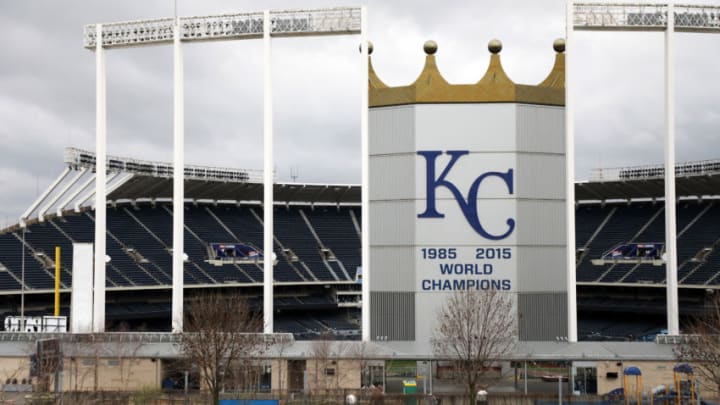
Notable Financially related Transactions during the Great Depression:
Philadelphia Athletics
On September 28th, 1932
- Athletics sold OF/1B Mule Haas, OF Al Simmons (Hall of Famer), and IF Jimmy Dykes to the Chicago White Sox for $100,000
On December 12th, 1933
- Athletics traded 2B Max Bishop, SP Lefty Grove (Hall of Famer), and SP Rube Walberg to the Boston Red Sox for P Bob Kline, IF Rabbit Warstler, and $125,000
- Athletics traded C Mickey Cochrane (Hall of Famer) to the Detroit Tigers for C Johnny Pasek and $100,000
- Athletics traded SP George Earnshaw and C Johnny Pasek to the Chicago White Sox for Charlie Berry and $20,000
On December 10th, 1935
- Athletics traded 1B Jimmie Foxx (Hall of Famer) and P Johnny Marcum to the Boston Red Sox for C George Savino (minors), P Gordon Rhodes and $150,000.
Connie Mack was notorious for trading away his talent during his remarkable 53 years managing the Philadelphia Athletics. The stark difference between his 1915 sell-off and the sell-off during the Great Depression was the Athletics started to see a precipitous attendance drop at Shibe Park (839,176 in 1929 to 297,138 in 1933, 305,847 in 1934, and 233,173 in 1935).
The shrewd Connie Mack had no choice to sell off his highly sought-after talent to keep the franchise insolvency. Estimated payroll for the Athletics went from $218,666 in 1930 (3rd highest in MLB) to $95,850 in 1935 (lowest in MLB).
The Athletics franchise slipped into obscurity, bounced from city to city (Kansas City 1955 – 1967 and Oakland 1968 to current). Following the 1933 season, the Athletics failed to finish above 4th in the American League for 36 seasons until a new dynasty of success began in 1969.
Washington Senators
On October 25th, 1934
Clark Griffith, Owner of the Washington Senators has the dubious honor of trading away his son-in-law and future Hall of Famer Joe Cronin soon after Cronin returned from his honeymoon to keep the franchise insolvency. Griffith and the Senators at the time saw their attendance drop all the way from 614,474 in 1930 to 255,011 by 1935. The Cronin trade to Boston was exacerbated by Griffith owing $125,000 to the banks.
Prior to the trade of Joe Cronin, the Washington Senators made their last World Series (1933) seen in Washington D.C. until 2019. The Senators franchise didn’t find their way back to a World Series until they moved to Minnesota and broke thru in 1965.
